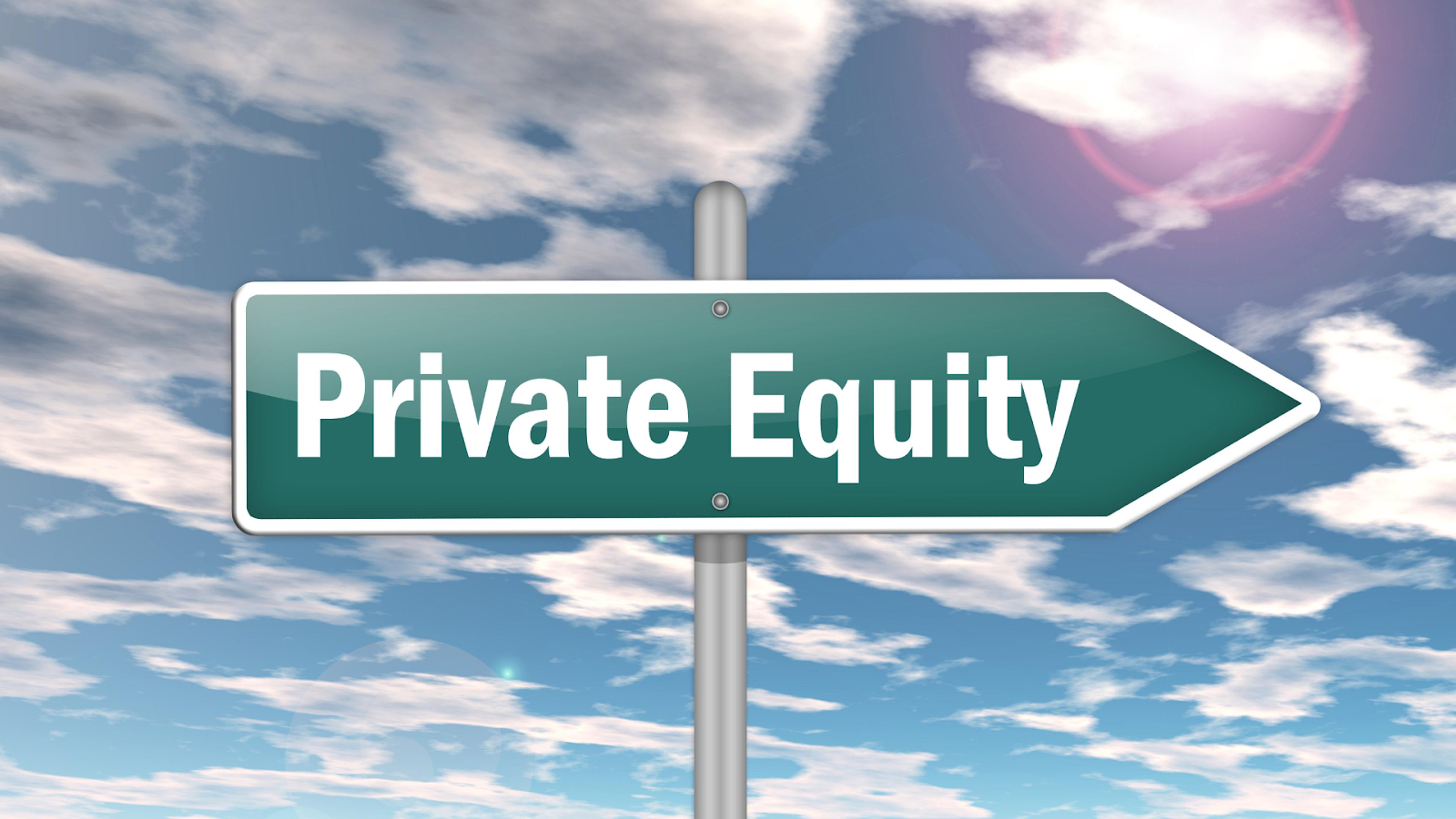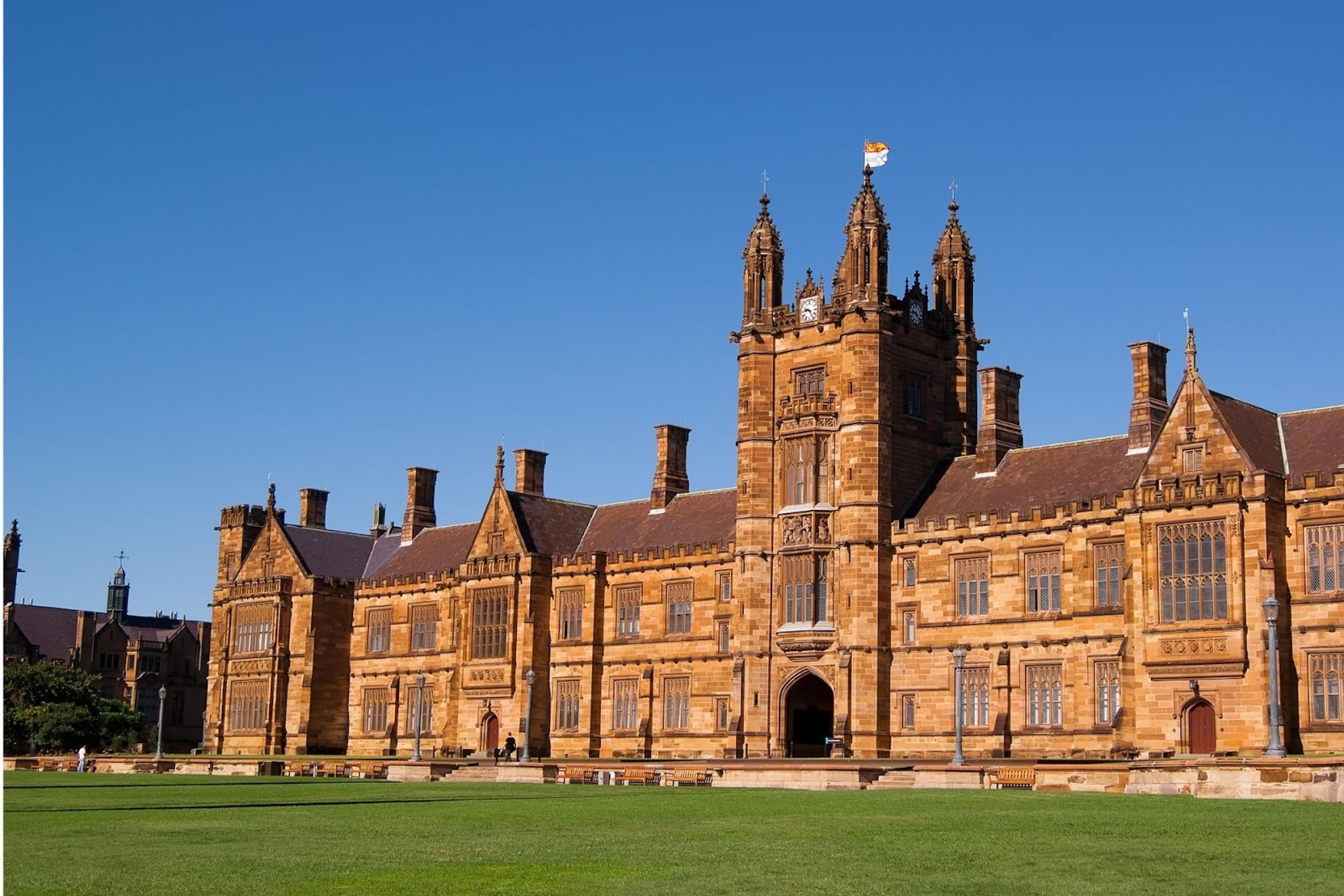Leland Library
Expert-written articles, free resources, detailed guides, and more to help you accomplish your goals.

December 5, 2025
Top 10 College Essay Tips From Former College Admissions Officers
Get expert-backed college essay tips from former admissions officers. Learn what actually stands out, and how to write essays that get you admitted.

November 4, 2025
The 10 Best Private Equity Career Coaches Guide (2025): How Experts Help You Land Top PE Roles
Discover the top 10 private equity career coaches of 2025. Learn how expert coaching helps you land roles at leading PE firms.

October 25, 2025
How to Get Into Venture Capital: Lessons Learned Interviewing 100+ Investors
A partner at a top venture firm outlines the VC hiring process, what makes the best candidates stand out, and more in this insightful article.

October 25, 2025
What It (Actually) Takes to Land Your First Job in 2025
New data from thousands of students reveals the hidden costs of getting hired: 135 hours, 78 applications, and hundreds to thousands of dollars spent, with major disparities by field, race, and school. Plus, the helpfulness of career centers and what students are doing to increase their chances.

October 21, 2025
The 10 Best Law School Coaches (2025): Who to Hire and Why
Discover the best law school admissions consulting services of 2025—expert reviews, insider tips, and how to find the right coach for your goals.

October 21, 2025
The 10 Best Graduate & PhD Admissions Consultants (2025): What They Do and When to Hire One
Find the best PhD consultants of 2025 to help you craft a standout grad school application, from strategy to statement to acceptance.

October 9, 2025
The Top 10 Investment Banks – By Size & Tier (2025)
Discover the top investment banks by size and tier in 2025. Get insights into the biggest players in finance and what sets them apart in this detailed guide.
Recent articles

December 12, 2025
How Hard Is the GRE? Difficulty Explained with Examples & Tips
Learn how hard the GRE really is, what makes it challenging, and how to prepare with effective strategies, practice tests, and clear section-by-section guidance.

December 12, 2025
Best GRE Prep Courses Online: Top Programs Reviewed
Find the best GRE prep courses for your goals, budget, and timeline based on expert tips, real student insights, and score-boosting strategies.

December 11, 2025
What Is a Good GRE Score? Percentiles, Targets, and What Schools Want
Learn what a good GRE score is, how to set your target score, and how grad schools evaluate GRE test scores by program type

December 11, 2025
How Long Is the GRE? Full Test & Section Breakdown (2026 Guide)
How long is the GRE? Discover test length, section timing, and strategies to stay on track and perform your best on test day.

December 11, 2025
GRE Exam Pattern 2026: Section-Wise Breakdown & Scoring Guide
Explore the GRE exam pattern, including verbal reasoning, quantitative reasoning, and analytical writing. Learn how to prepare effectively

December 11, 2025
How to Prepare for the GRE Analytical Writing Section
Master the GRE Analytical Writing section with expert strategies, real test-taker tips, and a proven essay template to help you score higher, faster.

December 10, 2025
NYU Stern Deferred MBA: Acceptance Rate, Program Details & How to Apply
Learn how NYU handles deferred MBA admissions, what options exist for early applicants, and how to stand out, plus alternatives to the NYU deferred MBA.

December 10, 2025
Yale Deferred MBA: Acceptance Rate, Application Tips & Program Overview
Learn how the Yale Deferred MBA through Silver Scholars works, who it’s for, and how to get in, plus real tips from applicants and alumni.

December 9, 2025
Deferred MBA Deadlines 2025: Complete Application Timeline by School
Learn about the 2025–2026 deferred MBA deadlines and get expert advice on requirements, timelines, and how to build a standout deferred MBA application.

December 8, 2025
Deferred MBA Programs: What They Are, Top Programs & How to Get In
Learn what deferred MBA programs are, top options to consider, and how to get in as a college senior or early graduate student.